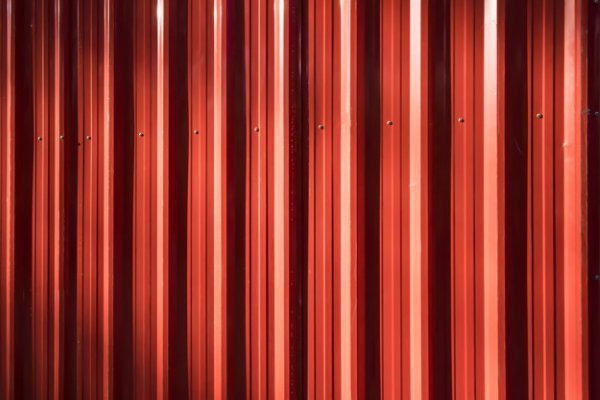
Your trustworthy and exceptional Denver CO roofing contractor asks whether you'd like to have your new metal roof painted. Most homeowners we've encountered will ask if metal roof colors can really affect their home's insulation. Aside from acrylic paint acting as an additional protective roof barrier, it will help improve your property's temperature levels.
In addition, paint is useful in preventing moisture from corroding metal. Lastly, metal can sometimes look too sleek and shiny, and a paint job can take its curb appeal to new heights with minimal effort and expenses. Different metal roof colors affect your Denver CO home insulation and everything else about it in many ways.
Did you know? The darker an object's color, the more it can absorb ultraviolet energy? You've definitely felt it wearing black or dark-shaded outfits. In fact, when you used that black-colored umbrella under the sun, it still felt hot even if it blocked out the sun's rays.
According to Sciencing, only the pure color of white can completely reflect UV rays with minimal to zero absorption. Here's a great explanation from them below:
From Total to Zero Reflectivity
If the color of a surface is anything other than white, it means that it absorbs light of some wavelengths. For example, a surface that appears red absorbs yellow, green, blue and violet light, while reflecting red light. A surface that appears green absorbs all colors except green. White light is a combination of all colors -- as is apparent when you shine a white light through a prism -- so anything that appears white reflects all wavelengths of light. Black is the least reflective color, it's the color of a surface that absorbs all light.
Tints and Shades
If a surface isn't white, then the closer its color is to white, the more light it reflects. Pastel and off-white colors reflect more light than deep tones. Adding white to a color is called tinting the color, and it increases the color's reflectivity. The contrasting procedure is to add black to decrease the reflectivity. This is called shading. (Continued)
Having reflective metal roof colors isn't enough. Your roofing contractor will recommend your metal roof to have additional attic or loft insulation. While it's an added cost to your residential improvement, it guarantees your home can have exceptional insulation that helps drive down utility costs efficiently.
OvoEnergy has a great explanation of everything about attic or loft insulation, and the advantages every homeowner can use. Learn more below:
What is loft insulation?
Loft insulation is a barrier of material within your roof space. It can either be laid between the joists (the horizontal beams along the floor of your attic) or the rafters (the angled beams that support the roof).
Either way, it slows down the transfer of heat between your living space and the outside world, creating a warmer home in winter and a cooler one in summer. Insulation between the joists keeps warmth in your living space below and creates a cold loft, while insulation in the rafters allows you to keep warmth in the roof space as well.
Other benefits of roof insulation include:
- Lower heating bills.
- Reducing your home’s carbon footprint.
- Improving its energy efficiency rating.
- Increasing your home’s value. (Continued)
It sounds counterproductive, but even if metal is a good conductor of heat (and sound energy) it is a great insulator for homes. Having different and light metal roof colors definitely allows the home to avoid absorbing heat and improving its indoor temperatures efficiently.
Whirlwind Steel has an elaboration of why metal is excellent for residential metal roofing and insulation. Read more about it below:
WHAT'S SO HOT ABOUT COOL METAL ROOFS?
Many people misunderstand the cool properties of metal, thinking a metal roof means a hot surface - so how can it be cool? There are several factors at work. However, the quality of your materials and construction has much to do with whether or not your metal roof delivers the cool and energy efficient properties you are planning for. Make sure you work with a reputable vendor and an experienced metal roofing contractor to make sure your roof performs to its maximum advantage. Non-Absorptive
Did you ever climb on your asphalt roof when you were a kid? If so, you remember how warm the roof felt long after the summer sun had set for the night. This is because asphalt roofing shingles, just like wood, tile and concrete, absorb heat. Even when the heat is no longer present, most traditional roofing materials still radiate stored heat for long afterwards. This heat radiates right into your home, most specifically into the attic space, which can put considerable demand on your cooling system.
Metal roofs reflect light and heat and because they have a low thermal mass, they don't absorb it. Once the exterior temperature cools off, they cool off. Combined with specialized reflective coatings that can re-emit heat, your attic will stay noticeably cooler through the summer and you're cooling system will notice the difference. (Continued)
Metal roofs can last for a lifetime. However, with incorrect and wasteful installations, its lifespan may reach less than half its manufacturer intended. If you have yet to find experienced Denver CO roofers, you can count on us at Roper Roofing today. Learn more about what we can do for you -- contact us now!